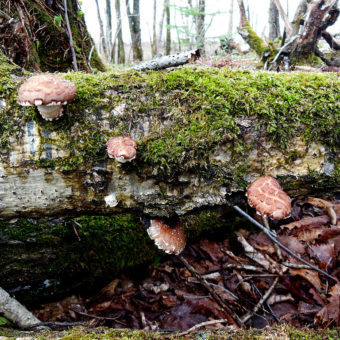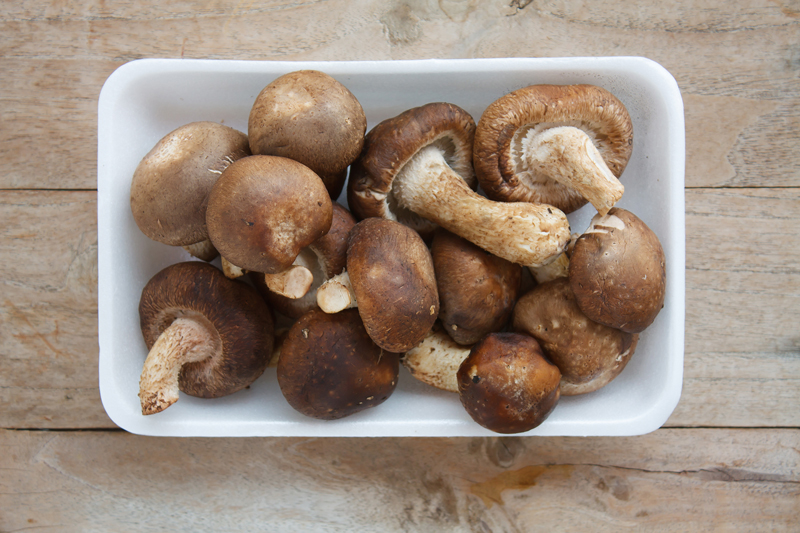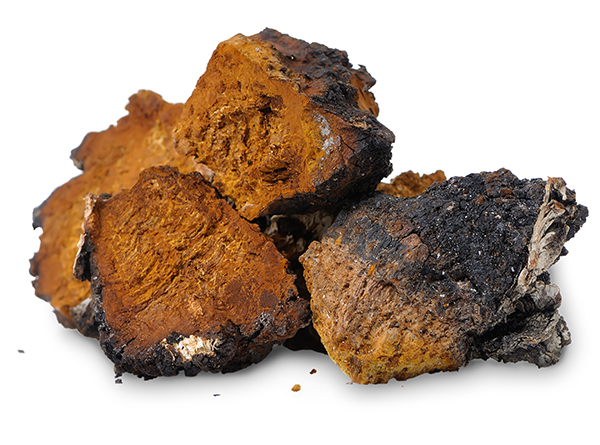As an edible mushroom, the shiitake is one of the most well-known varieties of fungi. But did you know this little mushroom offers some big health benefits? Yes! It boasts a long history in traditional medicine, especially in Asia. Today, people around the world prize them for supporting health and wellness. Indeed, the shiitake offers a variety of health benefits.
Here is what you might not know about shiitake…
Health Benefits of the Shiitake Mushroom
The shiitake mushroom has long symbolized longevity in Asia. And one can easily see why! These delicious mushrooms offer a variety of important health benefits…
- Immune support: Like many mushrooms, they can boost your body’s natural immunity. This includes antiviral and antibacterial qualities. So shiitake can act like a natural antidote for everything… From the common cold to pre-cancerous growths!
- Cardiovascular health: Some compounds in shiitake mushrooms seem especially heart healthy. They reduce the risk of cardiovascular disease. In this way, they block adhesion of outside substances and cells to blood vessels. This protects the blood vessels from damage.
- Nutrient source: Rich in vitamins and minerals, shiitake mushrooms provide a super nutritious resource. Namely, this includes iron, selenium, copper, and several B Vitamins.
- Cancer fighting: Research finds growing evidence of shiitake’s influence on cancer. With this and other mushrooms, studies show tumors reduce in size and other promising effects. On this note, studies also find that people respond better and stay healthy through chemotherapy.
Consequently, researchers continue to investigate these and other health benefits of this mighty mushroom.
Active Ingredients in the Shiitake Mushroom
Some bioactive compounds in shiitake mushrooms have been identified. And still researchers have yet to identify or fully understand all of them.
Shiitake includes one most remarkable element: lentinan. This polysaccharide is a good sugar that comes from the cell walls in fungi. In fact, on its own, lentinan has been used to treat various cancers and tumors. Plus, it supports a balanced gut and a healthy heart.
 Native Habitat of the Shiitake Mushroom
Native Habitat of the Shiitake Mushroom
Shiitake mushrooms grow in warm, moist climates, like those in southeast Asia. They appear in cluster formations on decaying trees, such as oaks, maples, and beech.
Now, growers cultivate these mushrooms around the world. Since the 1980s, commercial cultivation has significantly increased. Some growers harvest the fungi on simple sawdust block. While others “forest farm” the mushrooms. For that, they grow on actual stumps of wood in a natural setting.
Traditional Uses of the Shiitake Mushroom
These medicinal mushrooms have been used in East Asia for many hundreds of years. For example, ancient Chinese picked them in the wild and dried them. Meanwhile, health practitioners in Japan explored ways too cultivate them. In fact, stories exist of “shiitake wars” over cultivated logs of these mushrooms!
In addition, traditional foods have often used the shiitake mushroom. For instance, miso soup in Japan often includes sliced shiitake. And popular dishes in China, like Buddha’s Delight, also includes shiitake.
Overall, shiitake has been enjoyed both for its health benefits and for its taste. Sometimes all in one! Now its popularity spreads from East Asia to Western countries.
Today, many people enjoy Shiitake for its health benefits as a medicinal mushroom.
Whether eaten whole or as an extract, the shiitake can provide a host of benefits. And there are other similarly medicinal mushrooms, too! In fact, there is much to learn about other well-known species. For example, check out reishi, chaga, cordyceps, turkey tail, maitake, and lion’s mane. Or learn more about medicinal mushrooms and their ability to boost energy and immunity.










